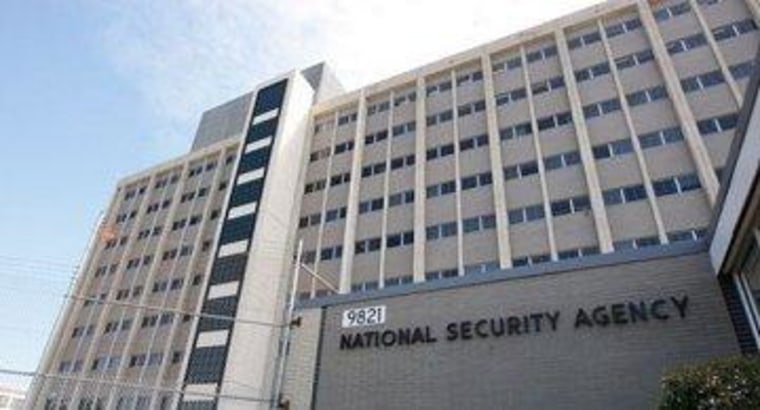I'll show you the lede; you guess the date.
The National Security Agency is facing renewed scrutiny over the extent of its domestic surveillance program, with critics in Congress saying its recent intercepts of the private telephone calls and e-mail messages of Americans are broader than previously acknowledged, current and former officials said.The agency's monitoring of domestic e-mail messages, in particular, has posed longstanding legal and logistical difficulties, the officials said.
These were the first two paragraphs of an article published in the New York Times on June 17, 2009 -- almost exactly four years ago this week.
To be sure, this story has since faded from the political world's memory, and I only stumbled upon it because I was doing some background Googling on the NSA earlier today. But reading the above excerpt, one might be tempted to think it was published at some point over the last few days.
Which suggests something important: these NSA controversies keep popping up. There's certainly a great deal of interest about revelations that surfaced last week, and for good reason, but the fact that the questions and concerns about expansive surveillance overreach keep happening should tell us something important about the nature of the underlying issue -- and the prospect of potential abuses.
I realize there are sincere disagreements among credible observers about the propriety and efficacy of these NSA programs. But if we're looking at a policy landscape in which, every few years, the nation pauses and asks, "Wait, we're doing what? NSA surveillance is going how far?" then maybe it's time for Congress to pause and take a closer look at where lawmakers have drawn the lines.
Except, at least for now, that seems unlikely.
